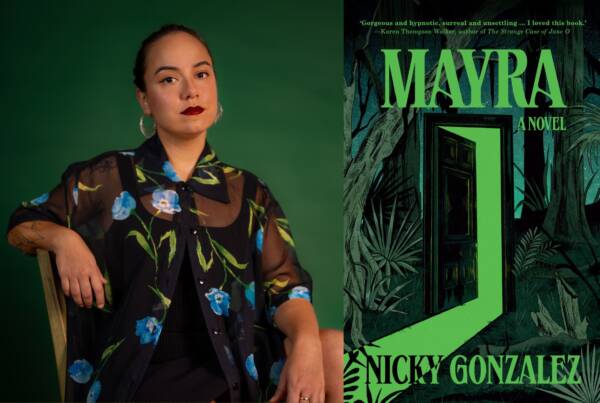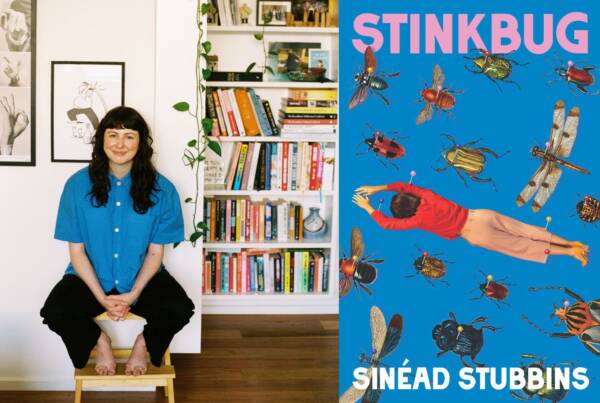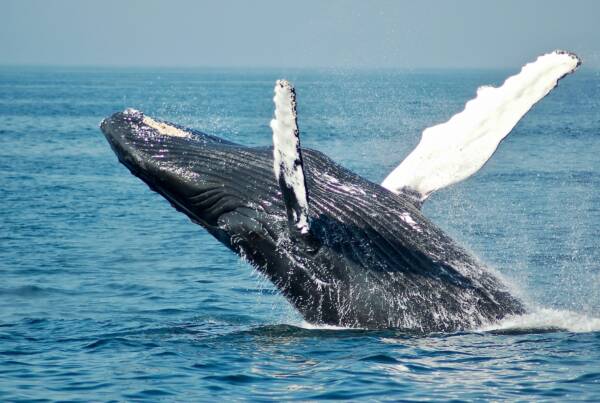Words by Erandhi Mendis
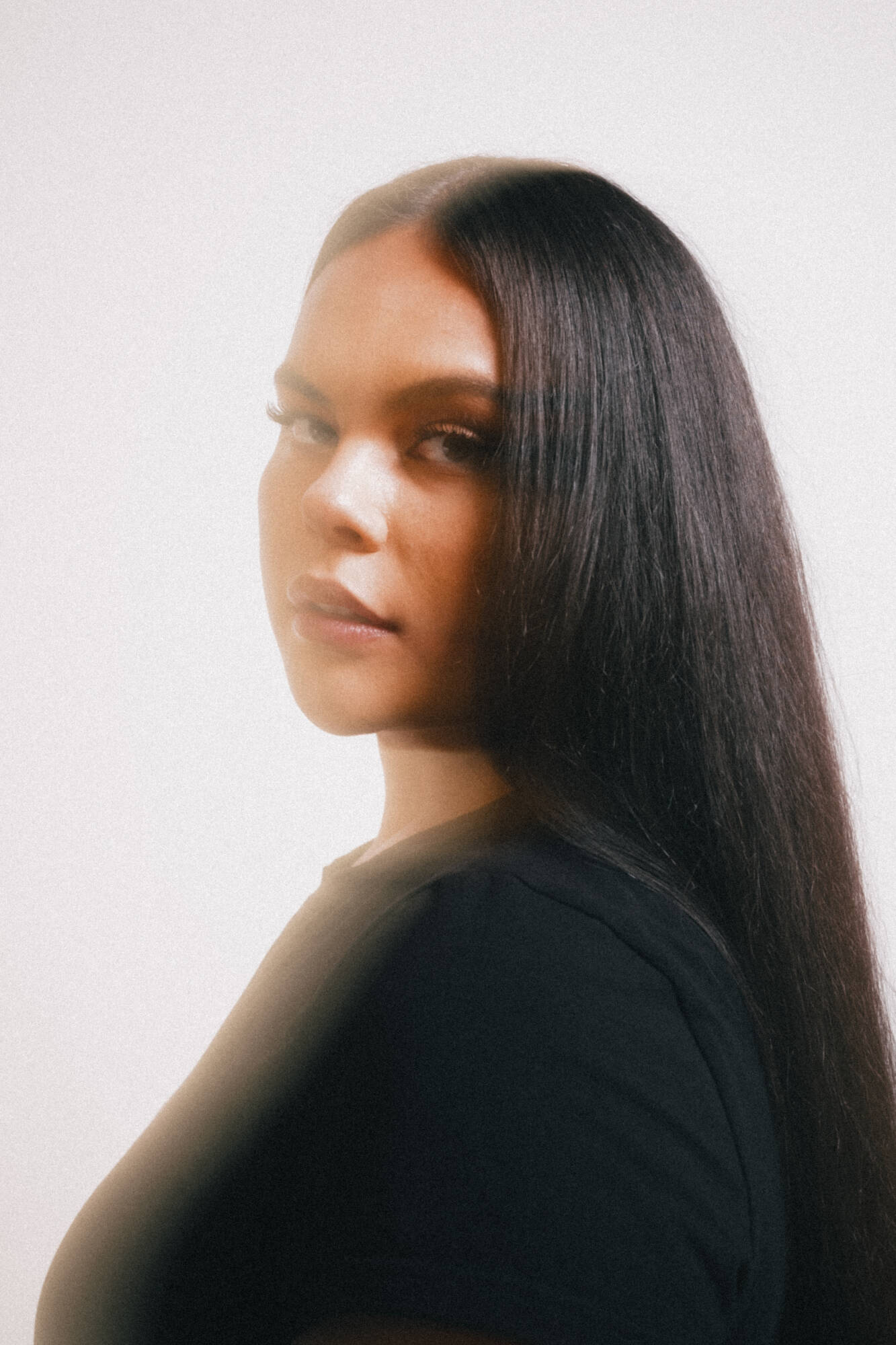 It was a regular afternoon in Sydney when Mi-Kaisha dragged her sister to a bowling alley. They were there for a photoshoot – kind of. The two of them, still in work clothes, juggling a Diet Coke and a basket of hot chips, climbed into a vintage photo booth and posed like they’d done it a hundred times. “First one, we laugh,” Mi-Kaisha recalls. “Second one, we go back to back.” The prints were slow to develop, five minutes per strip – a laborious chemical process costing eight dollars a pop. “I spent fifty bucks,” she laughs. “We just made it work. There’s no budget. But I love it.”
It was a regular afternoon in Sydney when Mi-Kaisha dragged her sister to a bowling alley. They were there for a photoshoot – kind of. The two of them, still in work clothes, juggling a Diet Coke and a basket of hot chips, climbed into a vintage photo booth and posed like they’d done it a hundred times. “First one, we laugh,” Mi-Kaisha recalls. “Second one, we go back to back.” The prints were slow to develop, five minutes per strip – a laborious chemical process costing eight dollars a pop. “I spent fifty bucks,” she laughs. “We just made it work. There’s no budget. But I love it.”
A collection of these black-and-white photo strips ended up collaged as the cover for “Lean On You,” Mi-Kaisha’s newest single. It’s a silky, slow-burning R&B track with a modern polish, tender in all the right places. Devotional without being saccharine, the song plays like a love letter to the people who’ve stuck around – the ones who show up, quietly and consistently, season after season.
Mi-Kaisha Masella is a singer, songwriter and proud Darumbal and Tongan woman making soul music that’s deeply personal and quietly ambitious. She writes like a poet and sings like she was born to, because, in many ways, she was. “I literally came out of the womb singing,” she says. “Even when I was shy, I was that kid at family functions who everyone would force to get up and sing.”
Growing up in Sydney’s inner city, she performed at every NAIDOC event she could get to, her voice echoing across parks and community halls. By the time she hit her teens, she’d released her first EP, the kind of early career marker that now makes her slightly cringe. “It’s still out there,” she sighs, “but, you know, we grow.”
At 18, she left Sydney for New York, the first Aboriginal student accepted into NYU’s prestigious Clive Davis Institute. The experience, she says, was “the time of my life – complete freedom, zero rules. I was just there to learn, meet people and experiment.” But it wasn’t as simple as showing up. The costs were steep, the tuition massive. “My family had been saving since I was 13. But once I got accepted, we had to figure out how to actually make it happen.”
The solution came from the place it always does: community. Her local networks – elders, fundraisers, extended kin pulled together to help. “People donated. They gave me work. They found opportunities to help me support myself while I studied,” she says. “It just speaks to the beauty of First Nations communities. I could never repay those people for what they did for me. I couldn’t even begin to try, and the most beautiful thing is that they would never expect anything.”
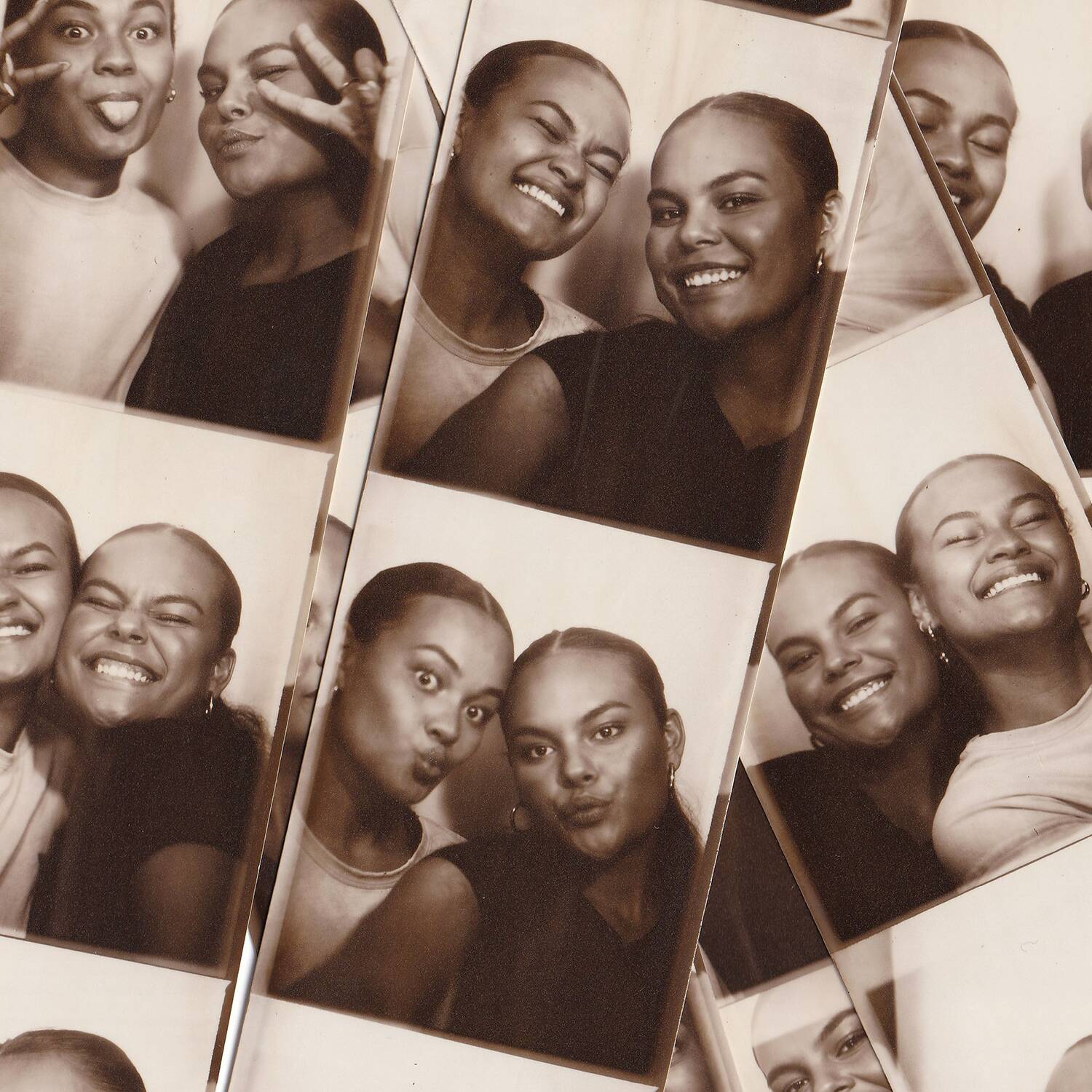 That collective backing gave her a sense of purpose she’s carried ever since. “The stakes felt high because I didn’t want to waste a second. I felt the weight of responsibility but it was never a burden – I wanted to make the most of it.”
That collective backing gave her a sense of purpose she’s carried ever since. “The stakes felt high because I didn’t want to waste a second. I felt the weight of responsibility but it was never a burden – I wanted to make the most of it.”
Almost a year ago to the day we speak, Mi-Kaisha moved back to Sydney and is now based there full time – though she admits her heart still splits its time between here and Manhattan. “My best friends are over there. We were 18 when we met, we grew into adults together. We worked on each other’s first photo shoots, wrote songs together. We literally raised each other.”
If New York was where she learned freedom, Sydney is where she’s building structure. Her recent singles including the gently shimmering “Edge of Surrender,” hint at a sonic evolution: more gospel textures, classic soul influences and warm breathy vocal. “It wasn’t intentional,” she says. “I just started having the confidence to try things.”
Mi-Kaisha admits she’s currently in the messiest part of putting together her next EP. “I care so much that it’s actually debilitating sometimes. I’ll stop myself from even starting sometimes because I want it to be perfect. It’s not even about commercial success – I just want every song I put out to be the truest version it can be.”
It’s the kind of perfectionism that sounds noble but one can imagine,feels paralysing. “I get asked sometimes what advice I would give to young artists, and it feels brutal but I say it like it is: it doesn’t get easier. The better you get, the more your expectations rise. If anything, it only gets harder because the stakes get higher.”
Still, Mi-kaisha is devoted to what she is creating and you can tell she is still a dreamer at heart. “I think it’s exciting dreaming about the different ways in which I can bring my music to life – In real life, I’m super chill. But artist Mi-Kaisha has no chill. She wants to make everything cinematic.”
Performance remains a grounding force. She tells me an almost absurd story about one of her first major showcases – a black-tie gala in New York. “Kylie Minogue was in the room. Zendaya too. I was freaking out.” The performance, she insists, was chaotic. “Somebody’s instrument was out of tune. I was dying inside.” But she finished the song. “Looking back, I’m like: wow. That 18-year-old really did that.”
It’s that kind of quiet bravery – messy, unglamorous, but deeply felt – that seems to thread through her work. It’s abundantly clear she’s not posturing nor chasing trend. Mi-kaisha is a world builder of her own making; everything is an authentic documentation of the present moment.
She dreams of funding a scholarship one day, sending other young First Nations artists overseas. “I don’t want to be the only one who’s done this. I want to create a pathway – build something that lasts.”
Until then, the creating continues. Fifty bucks, a photo booth, and a voice like silk – Mi-Kaisha’s building something bigger than herself. “I want to leave no stone unturned,” she says. One song at a time, she’s making sure of it.




